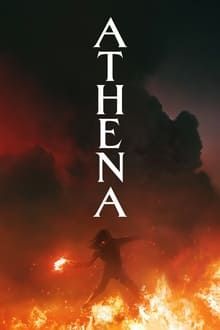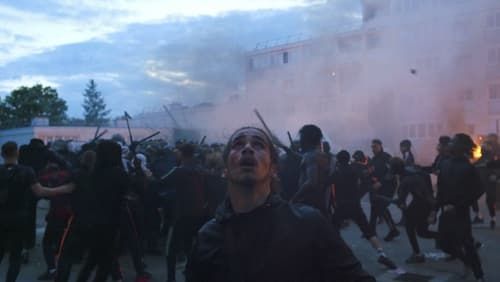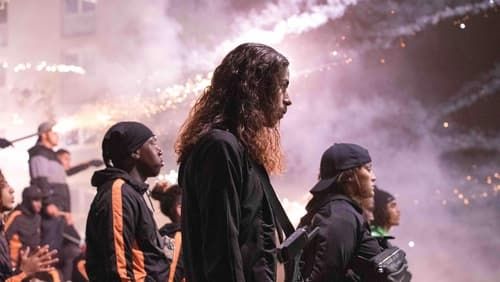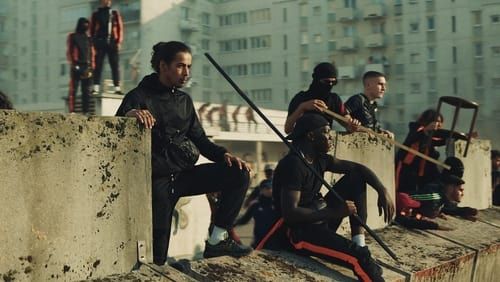Today I watched the film Athena, which I watched the trailer a few days ago and added to my to-watch list. The film, produced by Netflix, is as hot and fresh as fresh out of the oven and has the feature of showing the back side of social demonstrations.
Social demonstrations, especially against those in power, may be supported as long as they serve a just cause. Issues such as the improvement of social rights, ensuring fairness in income equality, the equality of everyone before the law, freedom of thought and expression can be considered within the scope of a just cause.
The main plot of the film Athena tells the story of three brothers, the youngest of whom is killed by uniformed policemen and the two remaining brothers start a social demonstration and destruction.
During the viewing, we have the chance to see behind the scenes of social demonstrations. The film, which creates drama stories from both sides, allows time to flow quickly with its gripping feature.
In demonstrations protesting against the rulers, radical decisions such as closing main roads to traffic, making daily life unsustainable, ensuring that shopping shops do not open, etc. are often the way demonstrators use to make their voices heard.
In the film Athena, the only aim of the two brothers is for the names of the policemen who killed their younger brother to be revealed and for them to receive the punishment they deserve. In order to achieve this, they turn the Athena public housing where they live into the centre of the demonstration.
Karim (played by Sami Slimane), the middle one of the brothers, is so absorbed in his role that his desire for revenge is reflected in his body and facial expressions and he is so immersed in his role that he can draw the viewer into the film in an instant. I liked Sami Slimane's acting and the way he reflected his belief in his role.
When I watched the trailer of the film, I understood that it was about a social demonstration and I thought that it might be related to the yellow vests protests that continued until a while ago, but the demands here were quite limited. The only demand was that the policemen who killed the little brother be tried and severely punished.
I agree with the sentence "justice delayed is not justice", which is often said when it comes to justice. I think you should watch the film Athena. The only thing I did not like in the film was the focus of the actions on Muslims of the Islamic religion. When you are under the roof of a country and you are subject to the laws and tax obligations of the country you belong to, beliefs are only spiritual values. There is no them or us, there is all of us and the law applies equally to all. Injustice can cause others to create their own justice!
In fact, I believe that there are many subjects that can be discussed on the film. The film should be watched and evaluated in a thin line. For example, in the last scene it is suggested that those who killed the child were other groups in police uniforms, I did not have a clear idea of what was intended to be explained there. It is as if hundreds of thousands of people were deliberately driven to protest and the little boy was sacrificed for this.
And with this last scene, I thought that the producer or director had lost his impartiality. I didn't have this feeling even a few months ago in an Israeli film about the love between an Israeli man and a Palestinian girl. The Israeli film was successful in terms of impartiality. If the makers of Athena had stayed in the middle and not chosen to take sides, it could have been a great film. Nevertheless, you should watch the film and form your own opinion. Maybe I got too caught up in the film and I am wrong because I was affected by the death of the little boy. I am curious about the thoughts of those who watched the film.



